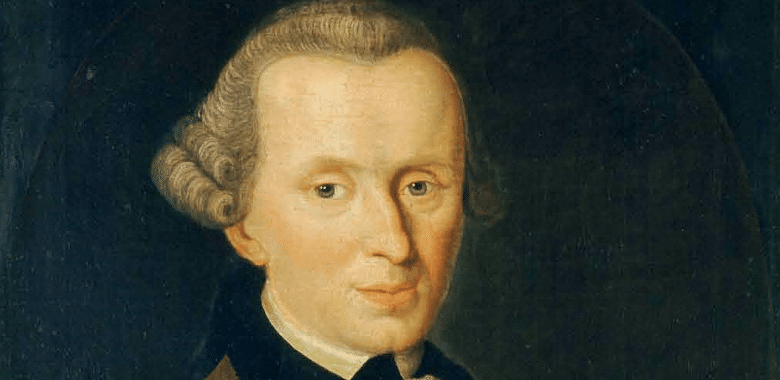Introduction Bertrand Russell (1872-1970) was a British philosopher and social critic best known for his work in mathematical logic and as a popularizer of philosophy. In this passage from The Problems of Philosophy, Russell acknowledges that many men think that philosophy is useless because it is unable to produce definite answers to the questions it addresses. He argues that the value of philosophy is to be “sought largely in its very uncertainty”. Those who do not study philosophy are “imprisoned by the prejudices” of the society in which they were …
On Truth – a short reading from Nietzsche’s ‘On Truth and Lie in an Extra-Moral Sense’
Introduction Friedrich Nietzsche was a German philosopher, essayist and social critic. He is famous for his uncompromising critique of traditional moral and religious conventions. In this passage from On Truth and Lie in an Extra-Moral Sense, Nietzsche provides an account and critique of the nature of truth. He questions how a drive for truth could have arisen given that the function of our intellect is not to find the truth but ensure our survival, and to survive in society, we frequently use our intellect to engage in deception, often self-deception. …
Class Struggle and Exploitation – a short reading from Marx and Engels’ ‘Communist Manifesto’
The Communist Manifesto is a political pamphlet written by Karl Marx and Friedrich Engels in 1848. It contains a mixture of advocacy, theorizing, and historical narration. A central idea of the Manifesto is that capitalist society is based on an antagonistic relationship between two social groups: the bourgeoisie, who own the means of production and the proletariat, who do not own the means of production and must therefore sell their labour in order to make a living. Historically, political and cultural institutions have advanced the interests of those in power; …
Duty and Reason as the Ultimate Principle – a short reading from Kant’s ‘Groundwork’
Introduction Immanuel Kant (1724-1804) is a towering figure in the history of philosophy. In this passage from The Groundwork of the Metaphysics of Morals, Kant outlines his conception of the good will, his conception of duty, and how these ideas can be used to form a foundational principle of morality. Reading Nothing can possibly be conceived in the world, or even out of it, which can be called good, without qualification, except a good will. Intelligence, wit, judgement, and the other talents of the mind, however they may be named, …
Against Miracles – a short reading from Hume’s ‘Enquiry Concerning Human Understanding’
Introduction David Hume (1711-1776) is often considered to be the greatest philosopher ever to write in English. In Book 10 of An Enquiry Concerning Human Understanding, he discusses miracles. He argues that when deciding whether a miracle has occurred, we must weigh up the evidence in favour of the miracle occurring against the evidence on the other side. But a miracle is a violation of the laws of nature, and these laws have been established on the highest degree of evidence. For this reason, we have good reason to reject …

